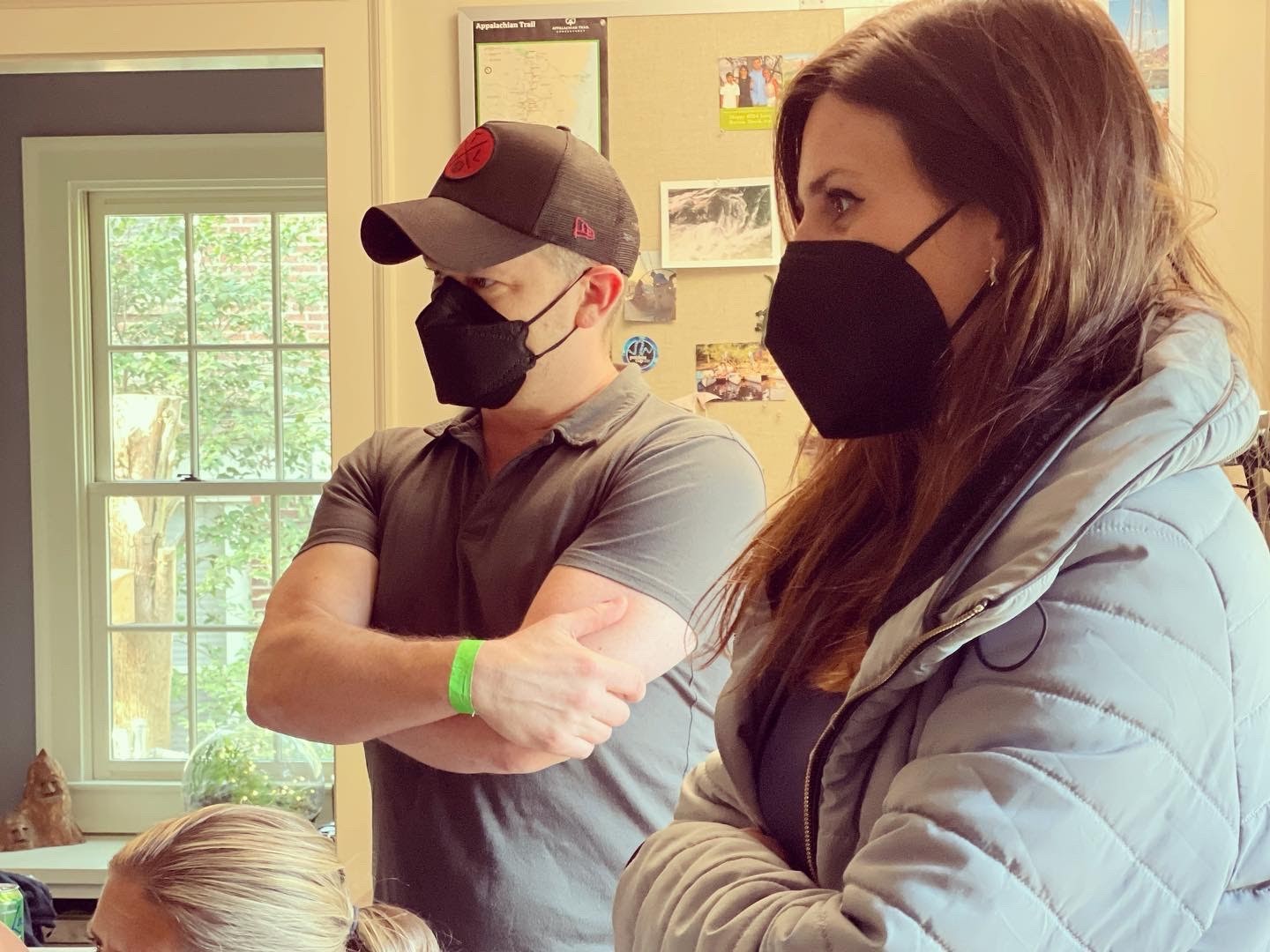We caught up with the brilliant and insightful Matt Silliman a few weeks ago and have shared our conversation below.
Matt, thanks for taking the time to share your stories with us today To kick things off, we’d love to hear about things you or your brand do that diverge from the industry standard.
(low chuckle…) Yes. At Trade School (www.tradeschool.works), we’ve essentially rebuilt the advertising agency and production model to better align with the needs of modern marketers. My partners at Trade School and I grew up in the traditional agency world, where work moved through the agency in a very siloed, very linear (and often very sluggish) path, where concepting and making were done by different teams. If you’re not familiar with this process, it typically went something like this: information was passed from client to account service to dissect the business problem, then handed to strategists to research and build a campaign brief, then to creatives for concepting ideas, and after many rounds of revisions, finally landing on work the client wanted to make. Then, at the very end, after the work was “baked,” it came time to contract with a third party production company to execute the work – often requiring bidding from 3 to 4 different companies that could accomplish the work within the time and budget constraint of the job. The production and post process was usually bloated as well (remember those days when every campaign HAD to be shot in LA so we all stayed at Shutters on the Beach for weeks – the best!). This baton-passing process could often take 4-6 months, require a substantial budget (think $1M+), and the end result was a couple of TV spots, and maybe, just maybe, a few cutdowns for social media. Some of that work was outstanding storytelling. Some wasn’t. Regardless, the process was always the same.
As digital media channels expanded and Clients’ content needs grew exponentially, we simply had to find a different way. We needed a model and team structure that could deliver great work across many platforms and channels, that was scaleable based on the work required, and free from the constraints of the traditional ways of operating. So we built an agency that could do just this, and named it Trade School.
Our approach involves roundtable collaboration, where strategy, account management, media strategy, creative, and production teams work in tandem from project inception to completion. This ensures that all stakeholders have access to information simultaneously, allowing for real-time adjustments and improvements. Additionally, we’ve brought production in-house, adopting a hybrid agency/line producer model to enhance efficiency and creativity. This departure from the conventional approach has proven successful, leading to increased client satisfaction and a more streamlined creative process.
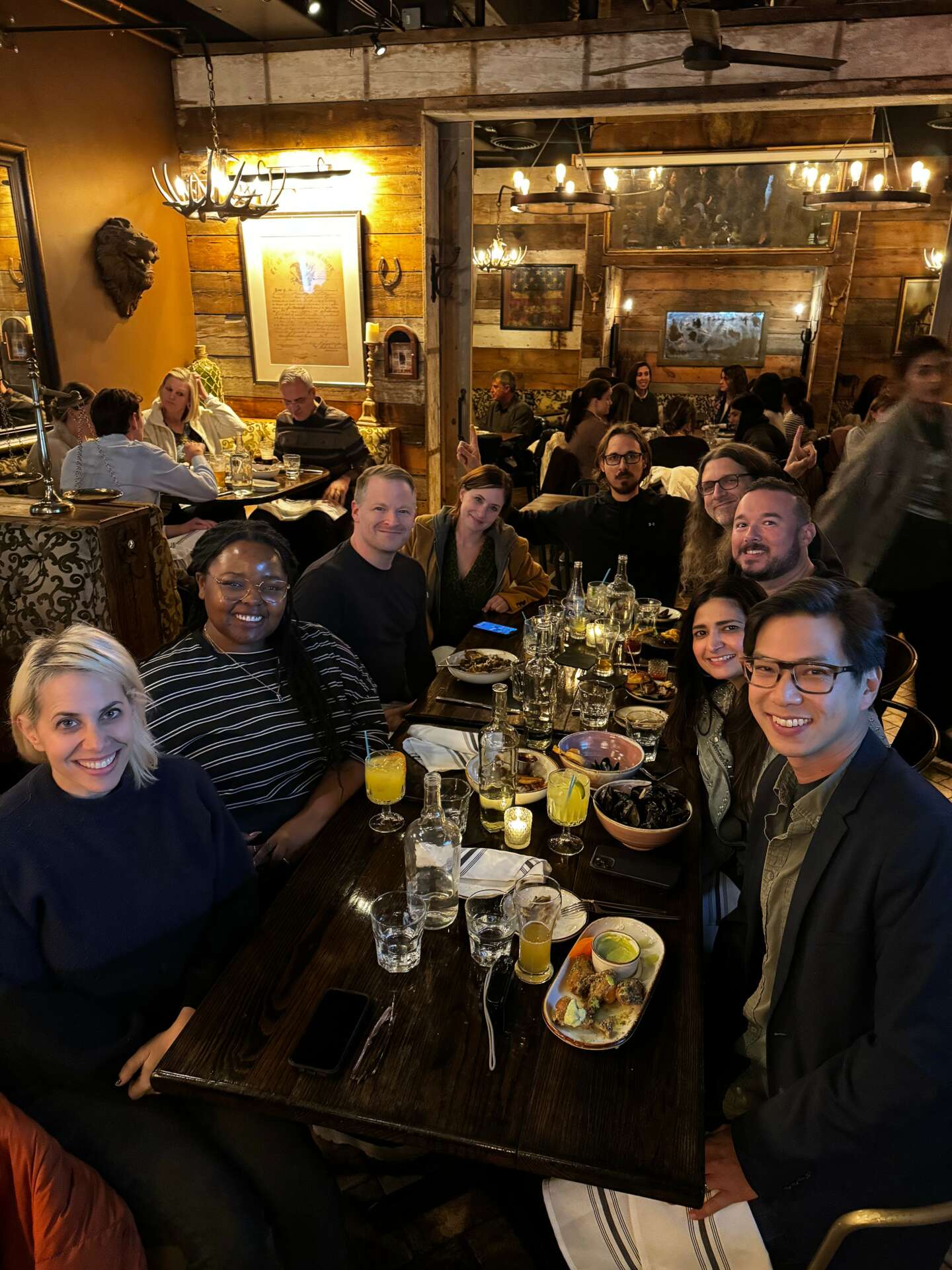
As always, we appreciate you sharing your insights and we’ve got a few more questions for you, but before we get to all of that can you take a minute to introduce yourself and give our readers some of your back background and context?
The foundational team at Trade School began their journey together at 22Squared, another independent agency in Atlanta, back in 2014. During my tenure there as Head of Integrated Production – which was a fancy way of saying my team was tasked with bringing the imaginative concepts of our creative teams to life. In a pivotal moment, we won The Home Depot business – a client who had a vast media plan, mainly in digital and social ad placements that needed to be filled with content. A lot of content. To deliver this significant volume, without compromising on craft, our strategy, account management, media strategy, creative and production leads collaborated closely right from project initiation. This ensured everyone had access to real-time project information, preventing costly errors and ensuring our creative messaging was cohesive and personalized across the various media platforms. Essentially, no more shooting a :60 second TV spot, cutting it down for social, and calling it a day. The work was sharper because strategy was guiding the work while it was being concepted, and production was able to not only make sure the work was within budget, but also bring in production resources like Directors to help enhance the work as needed – even while the ideas were being finalized. This simply made better, more engaging work – not to mention it was incredibly more efficient. Clearly it was working, as our business with The Home Depot (and others) grew like wildfire, and we eventually brought home a Cannes Lion for work we did with The Home Depot.
This experience laid the groundwork for a new agency model, which is built around hybridized talent, in-house production, and our “roundtable” approach to collaboration. This model empowers our producers to collaborate seamlessly with creative and strategy teams from conceptualization onwards and fosters a shared knowledge and passion for our client brands among all team members involved. So in 2020, our founder and President, Genna Franconi, spun off from 22squared with flagship client The Home Depot and several others to officially launch a sister agency, Trade School. Since inception, we’ve tripled in size and have worked with some incredible clients including FedEx, Publix SuperMarkets, Mailchimp, Southwest Airlines, PGA, Morris Brown College, Arthur Blank Family Foundation, and more.
About me Specifically:
I started working as a producer in entertainment, TV and advertising. I always knew I wanted to be in production – I just wasn’t sure what role I would play. I got my first real job at wetair.com as a “EJ” while I was still in college. I was an online personality who ran video crews all over the country creating content (before content was a thing) about DJ and club culture. I traveled the country interviewing DJ’s, producers and event promoters – and covering all aspects of club culture. That was a fantastic first job which sadly went away after the internet bubble burst in the early 2000’s.
I was in love with production. I went on to start my own production company and eventually started working in large ad agencies like BBDO, Huge, WPP’s Wunderman Thompson and 22squared. I collaborated on projects for major brands like The Home Depot, AT&T, REI, Toyota, Jeep, Airheads, and Publix. During my time at 22squared, a core group of us dreamt of building a new agency model, focusing equally on production, creativity, and strategy. In 2020, this vision materialized with the launch of Trade School (www.tradeschool.works), where I currently serve as the Head of Production, overseeing our in-house production group, Trade School Studios. Not only am I incredibly proud of what we built and how we work – I love the people I work with. Not everyone gets to say that and I know I’m blessed that I do.
Outside of my production career, I’m also an active house music DJ in the Southeast. Starting in the mid to late ’90s, I gained recognition with regular bookings in Atlanta and across the country. While I took a hiatus in 2006 to focus on my advertising and production career and raise a family, during the COVID-19 pandemic I started to DJ again. I began streaming sets on Instagram and Facebook and eventually returned to live performances as restrictions were lifted.
In 2022 I joined a few friends to start a DJ event group called Captains of Revelry where we bring our favorite DJs from around the world to Atlanta. So far we have booked Little Louie Vega, Doc Martin, Mark Farina, Derek Carter, Crazy P. and we’re bringing Miguel Migs in December. These days I DJ most Saturday nights in Atlanta at venues like District Atlanta, MidCity Atlanta, The Establishment and Palo Santo to name a few. I have also played in Asheville, Knoxville and Portland since I started playing again. I have a DJ Instagram where I keep friends and fans updated on my upcoming shows which is @mattsilliman_dj
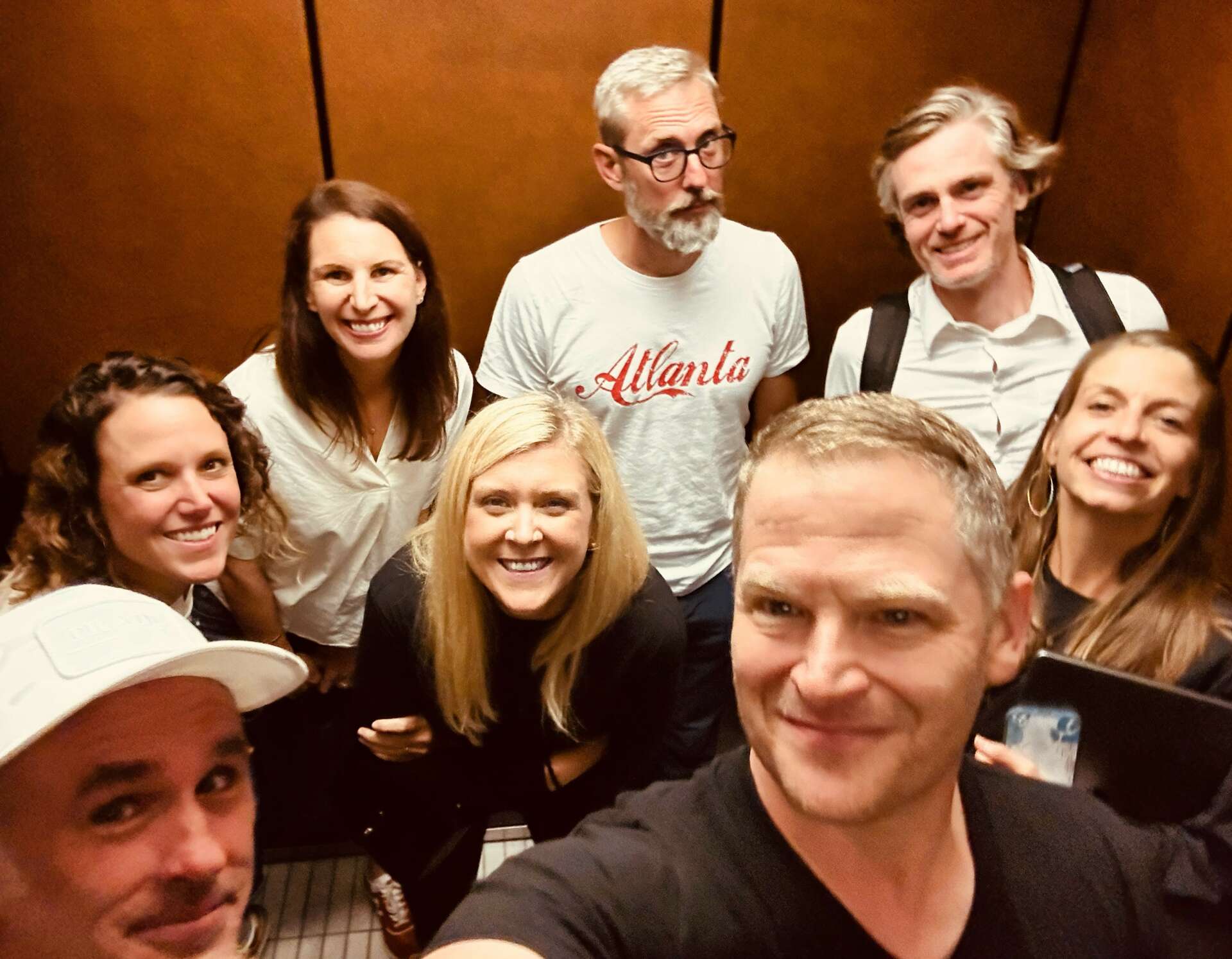
How’d you build such a strong reputation within your market?
I deeply believe that a mix of mindfulness, kindness, grit, determination, focus, and a willingness to learn from mistakes is the foundation of any great producer. Of course doing great work and having a solutions-oriented mindset is critical – but most producers will have learned that early in their career – it’s the price of entry. But the nuances of mindfulness and kindness play pivotal roles in shaping one’s reputation in this industry. This is especially true in our close-knit community of Atlanta, where word-of-mouth travels fast. In an industry where collaboration is key, being perceived as difficult or lacking empathy can limit opportunities, overshadowing even the best results. I consider many of my clients my friends, many of whom I have worked with in various agencies or as my clients throughout my career. We choose to work together because we both know it will be a great experience and of course the work will be solid.
As it relates to my belief in hard work and determination, I proudly refer to it as “hustle.” While the term may have negative connotations for some, I believe it’s essential. It doesn’t mean consistently working long hours or engaging in toxic behaviors leading to burnout. You can hustle and still have a solid work life balance. Hustling means when you’re on, give it everything you have. Make work you are personally proud of. Be the partner to your team that your colleagues can always count on to get the work done. Be disappointed but not devastated when you don’t win. And learn from your mistakes. It’s a mindset that I’ve carried from the early days of my career, and I encourage others to incorporate this work ethic into their personal brand, no matter their level or tenure.
My last tip is about social media and networking. If you know me, you know that I am an active social media user on most platforms, specifically on Facebook, Instagram, LinkedIn, and TikTok. I post almost everyday about life, work, and my hobby as a house music DJ. While some may find my level of activity overwhelming, it yields results. Consistent posting keeps me top of mind when someone needs advertising or production services. Same thing as it relates to DJing – being visible matters. So get out there.
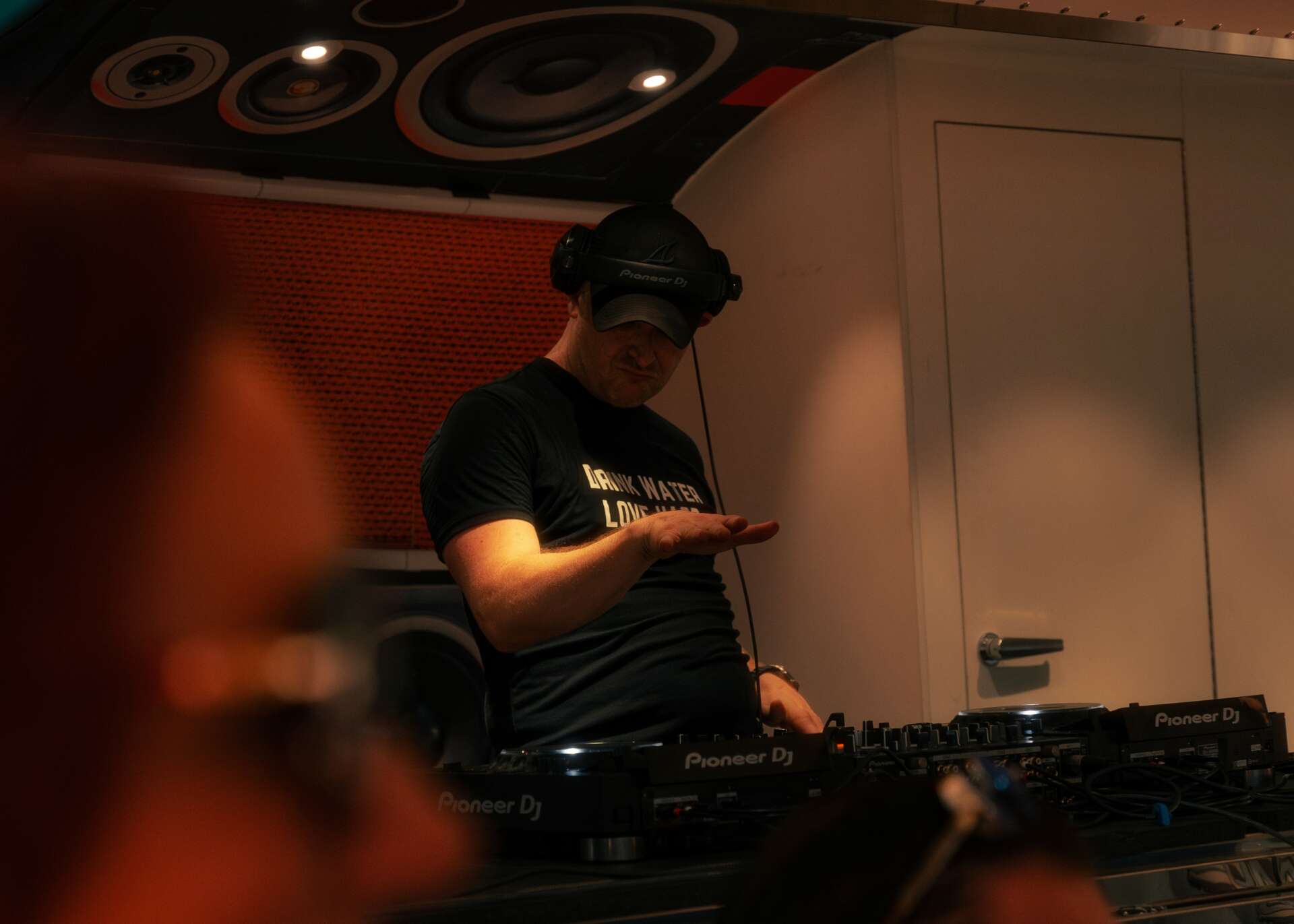
Any advice for managing a team?
First of all, you are not always going to be able to maintain high morale – there are just going to be some tough times in business. As a leader in a fairly volatile industry, I’ve had to navigate tough situations, including delivering difficult news about job performance or client departures. While these experiences are never easy, I believe the best thing to do is lean in with mindfulness and empathy.
Production requires highly functioning teams that support each other and learn from each other. When we go into production to produce work at the scale we do it’s intense and demanding. The teams learn to trust each other and look to one another for support. When there are inevitable disruptions, or tough news, there are going to be feelings – sometimes negative emotions like anger, sadness, and worry. It’s how you manage these lows that’s important. You can make hard business decisions and still be an empathetic and a caring human being at the same time.
In addition to navigating challenging moments, fostering positive team morale also means being proactive. Being transparent, being available to the team, creating an environment that allows room for mistakes and teachable moments, publicly celebrating victories, and encouraging collaboration within the team are all incredibly important in building a strong work culture.
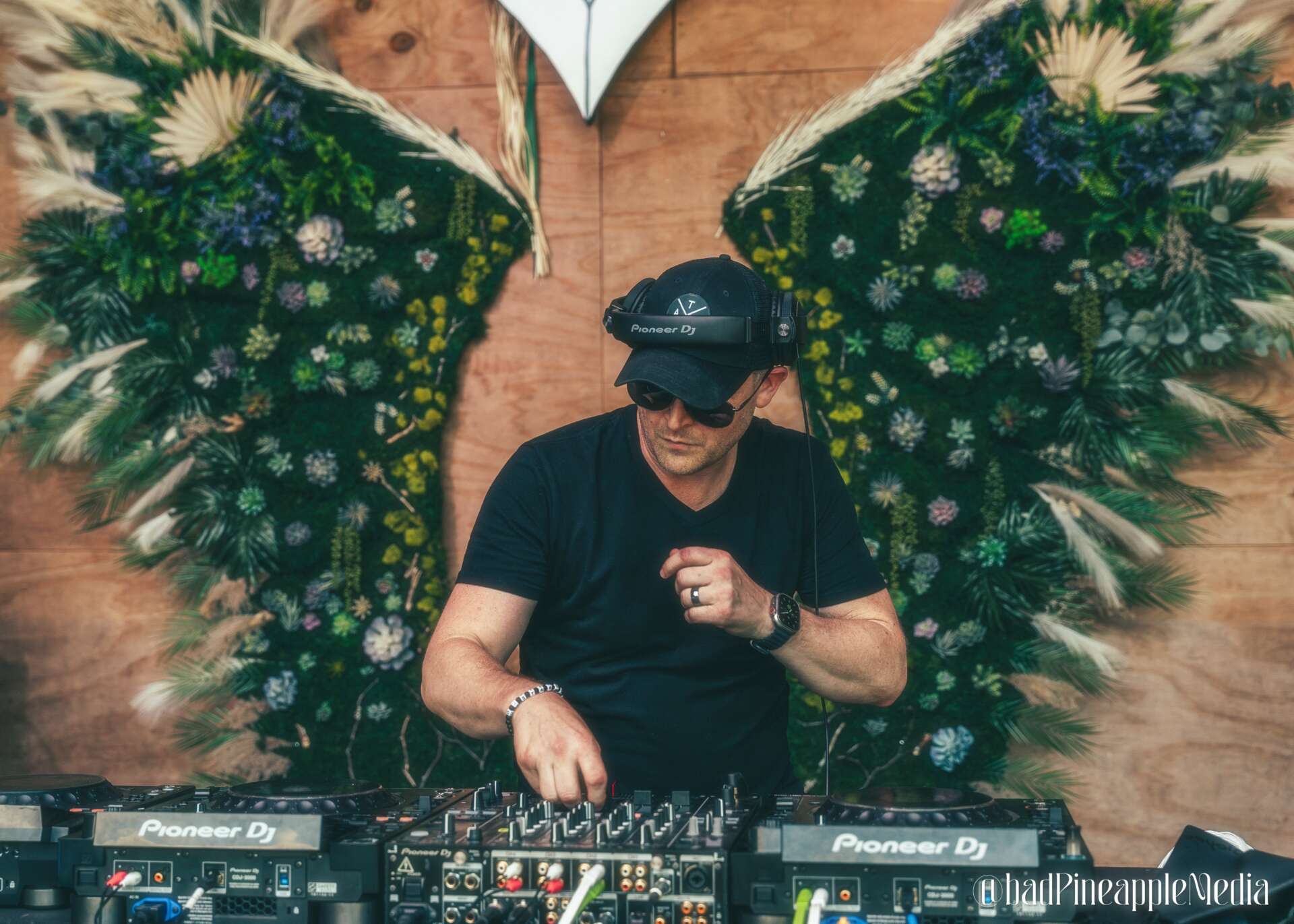
Contact Info:
- Website: www.tradeschool.works & www.mattsilliman.com
- Instagram: @tradeschool_ , mattsilliman_dj
- Facebook: www.facebook.com/djstarb0y
- Linkedin: www.linkedin.com/in/mattsilliman
- Other: If you like house music check out my Soundcloud: https://soundcloud.com/mattsilliman
Image Credits
@BadPineapplemedia


